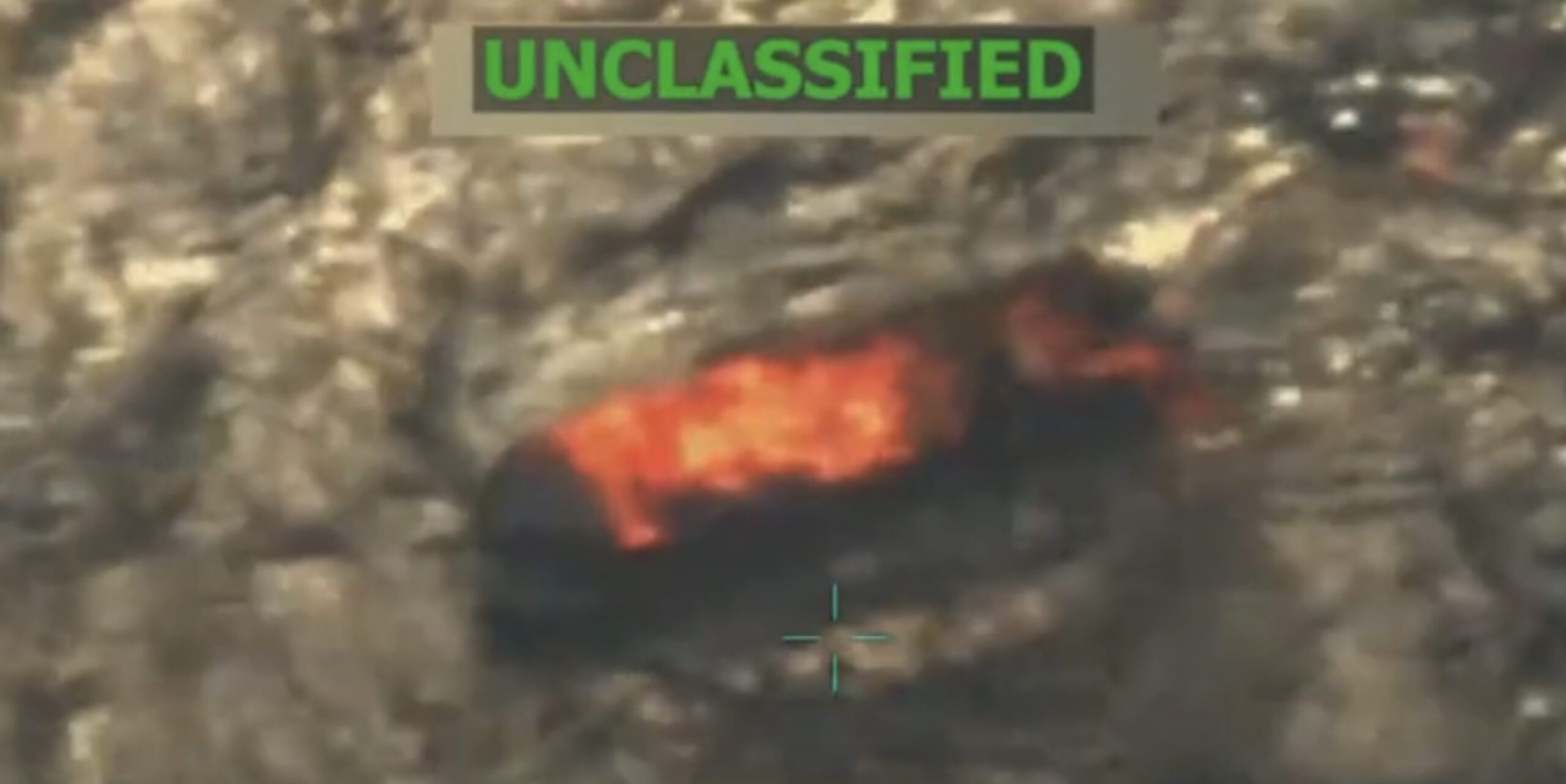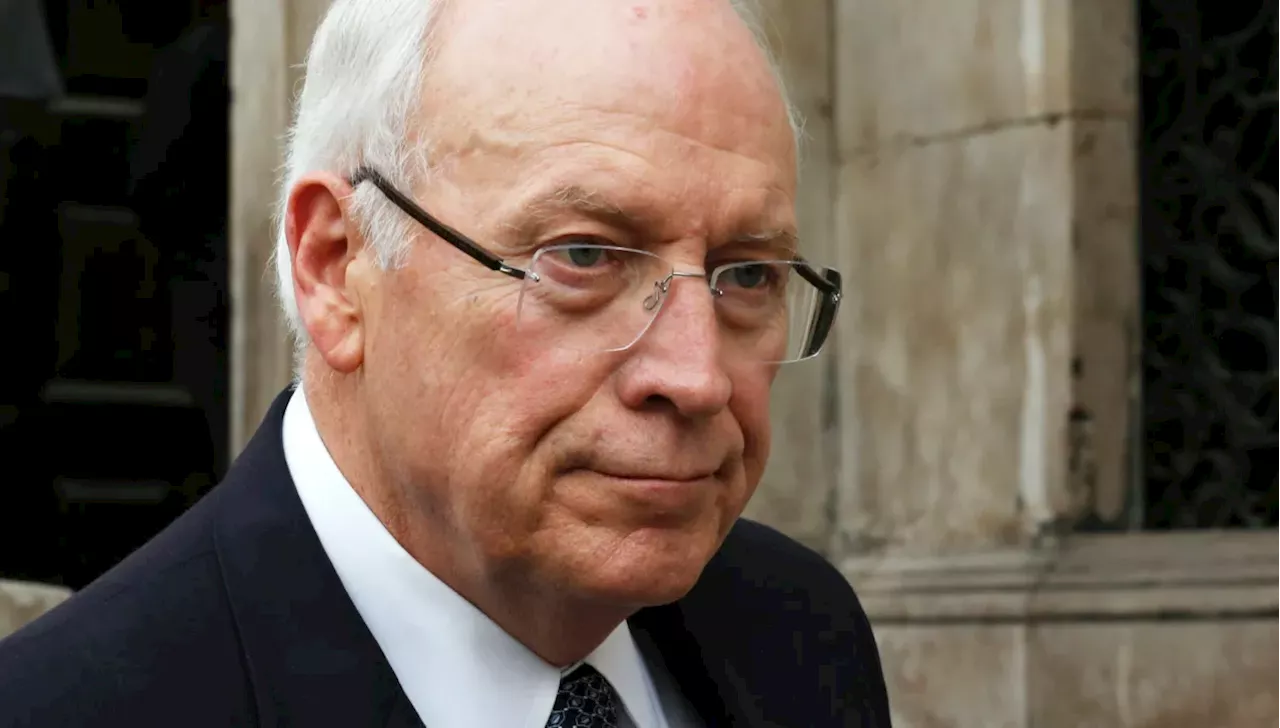The Trump administration has revealed alarming details regarding its military operations against suspected drug smugglers in the Caribbean Sea and Pacific Ocean. Officials admitted in briefings on March 15, 2024, that they lack knowledge of the identities of individuals killed in these strikes, raising significant legal and ethical questions about the military’s actions.
Since September 2, 2023, the U.S. military has conducted numerous attacks, resulting in the deaths of more than 60 civilians. The administration contends these operations are justified under the premise of engaging in a “non-international armed conflict” with designated terrorist organizations (DTOs). Two government officials disclosed that this classification was declared secretly weeks prior to the commencement of the attacks.
In a War Powers report to Congress, President Donald Trump defended the strikes as an exercise of his Article II constitutional authority as commander in chief, citing the United States’ inherent right to self-defense under international law. The Department of Justice’s Office of Legal Counsel also issued a classified opinion supporting the legality of these strikes.
Critics, including legal experts and members of Congress, argue that the operations amount to illegal extrajudicial killings. They emphasize that targeting civilians, even suspected criminals, without imminent threat contravenes both U.S. and international law.
Rep. Sara Jacobs, a member of the House Armed Services Committee, articulated concerns following a Pentagon briefing, stating, “We are not in an armed conflict with these cartels. And so this is just murder.” She noted that Pentagon officials admitted the administration does not need to positively identify individuals on the vessels targeted in strikes, merely showing a connection to a DTO suffices.
Survivors of the attacks, numbering three from strikes on October 16 and October 27, have not been charged with drug smuggling, despite the rationale for the lethal actions. Jacobs added that the administration could not hold or prosecute these individuals due to an inability to meet the necessary evidentiary burden.
The classification of survivors as “unprivileged belligerents” has drawn scrutiny. This designation implies they lack immunity from prosecution for acts of war and do not qualify for prisoner of war status. Critics argue that this label was historically applied in conflicts involving groups like Al Qaeda, and its current application to drug cartels is unfounded.
Former State Department lawyer Brian Finucane pointed out that the failure to identify those killed undermines the justification for labeling them as “narco-terrorists.” Some lawmakers speculate that the administration prefers to keep its intelligence sources confidential, indicating that the lives of those targeted may not be perceived as significant compared to the protection of sensitive information.
The Pentagon has withheld vital information regarding the attacks and the list of DTOs for nearly two months. In a recent press conference, Senator Mark Warner criticized the administration for conducting selective briefings that excluded Democratic lawmakers. He stated, “Shutting Democrats out of a briefing on U.S. military strikes is indefensible and dangerous,” asserting that decisions on military force should not be partisan.
Despite the controversies, the administration shows no intention to seek authorization similar to the 2001 Authorization for Use of Military Force, which permitted military actions against those responsible for the September 11 attacks. Pentagon officials confirmed that even if Congress authorized such actions, they would still be illegal since the U.S. is not in an armed conflict with drug cartels.
Rep. Seth Moulton expressed his concerns regarding the legal justification for these strikes, contrasting it unfavorably with past military engagements. He remarked, “I found their justification for what they’re doing so flimsy that it makes the case for the Iraq War look like a slam dunk.”
As the administration continues its military operations, the implications of these actions remain profound, raising critical questions about legal standards, accountability, and the treatment of civilians in conflict scenarios. The unfolding situation highlights the need for transparency and adherence to international law when military force is employed.






